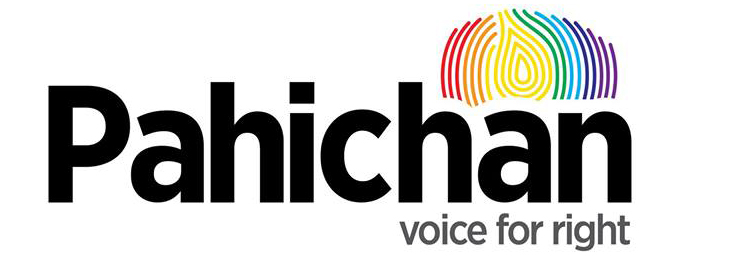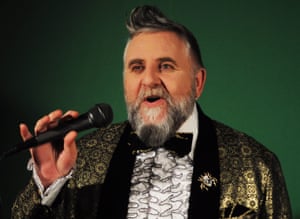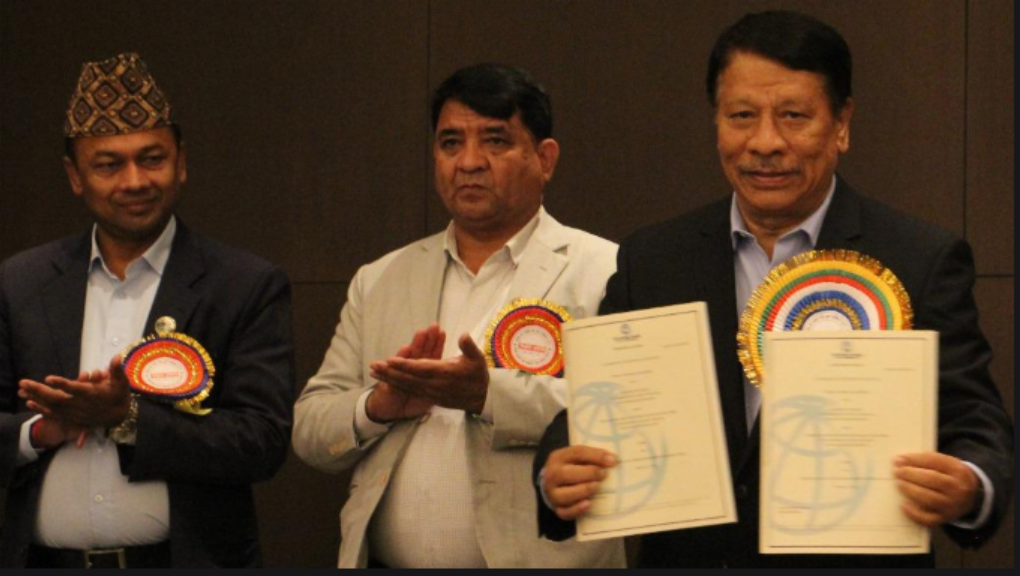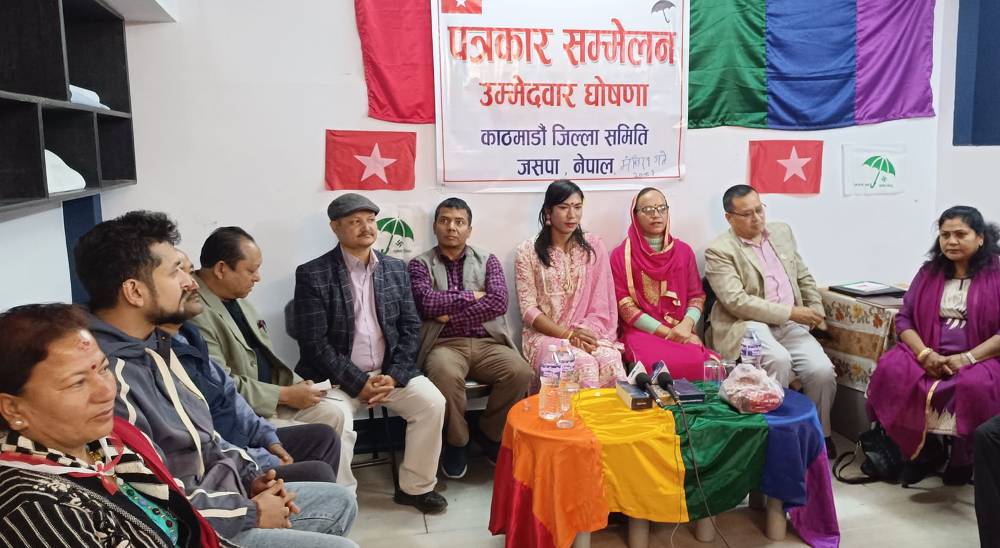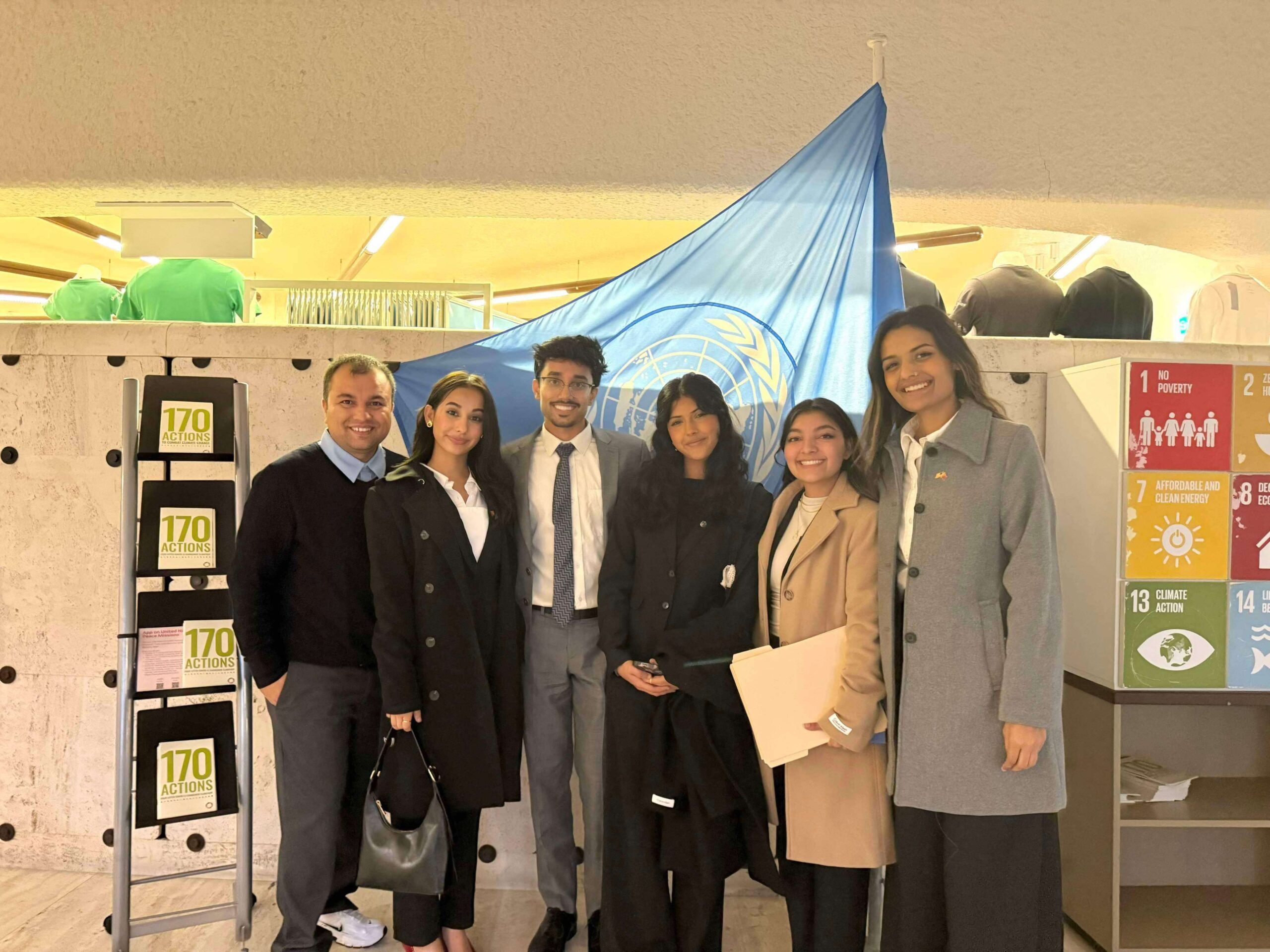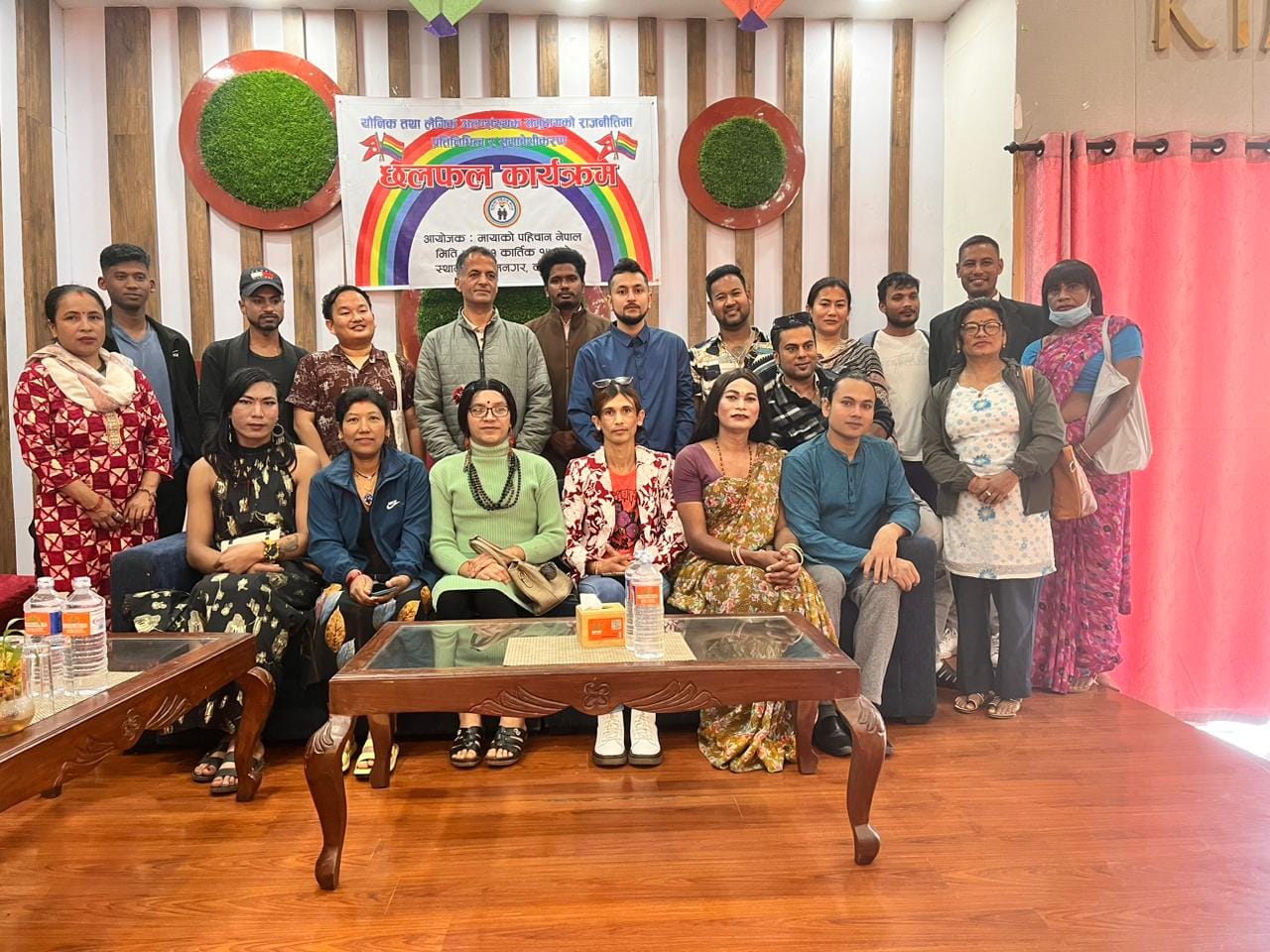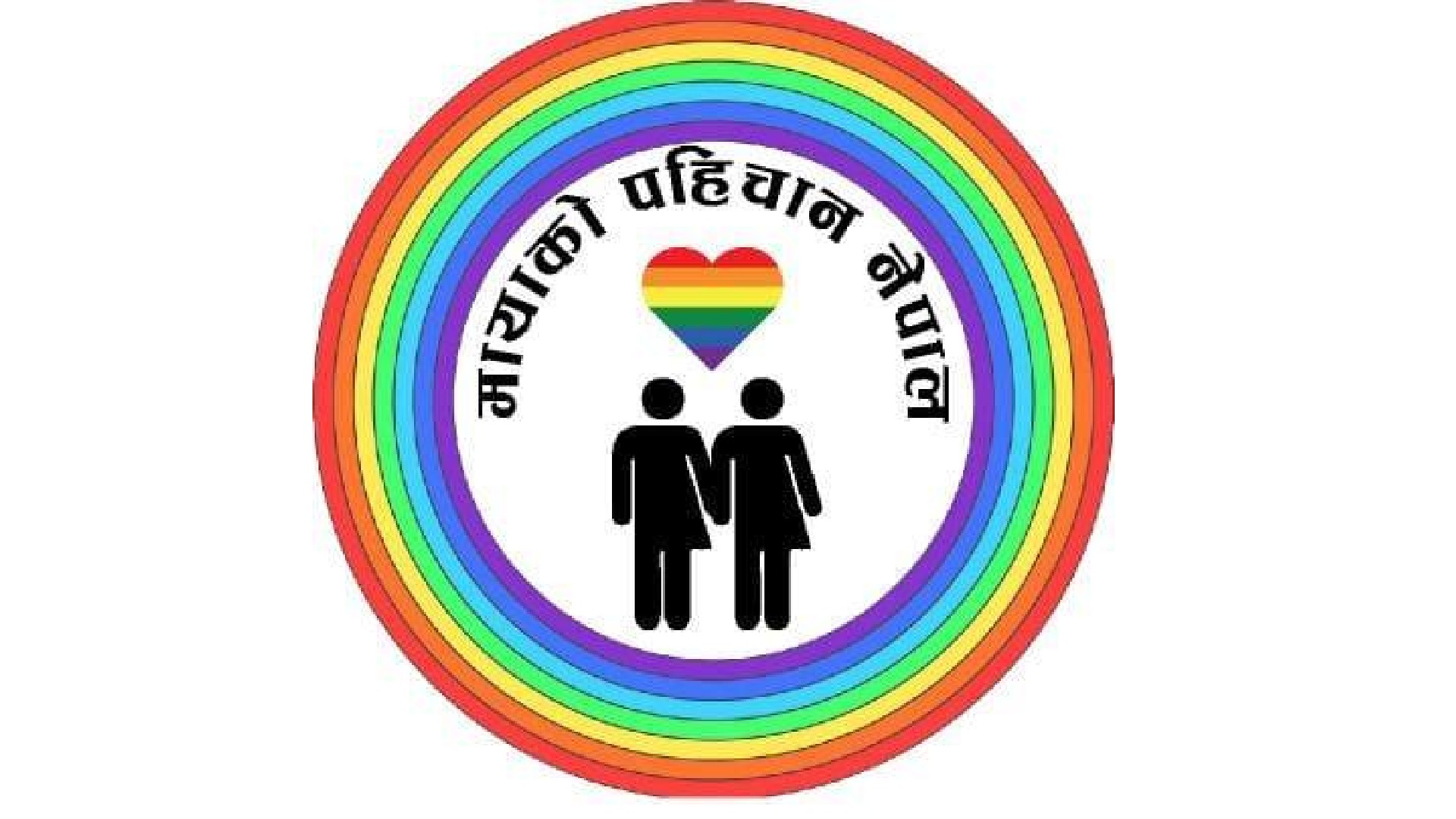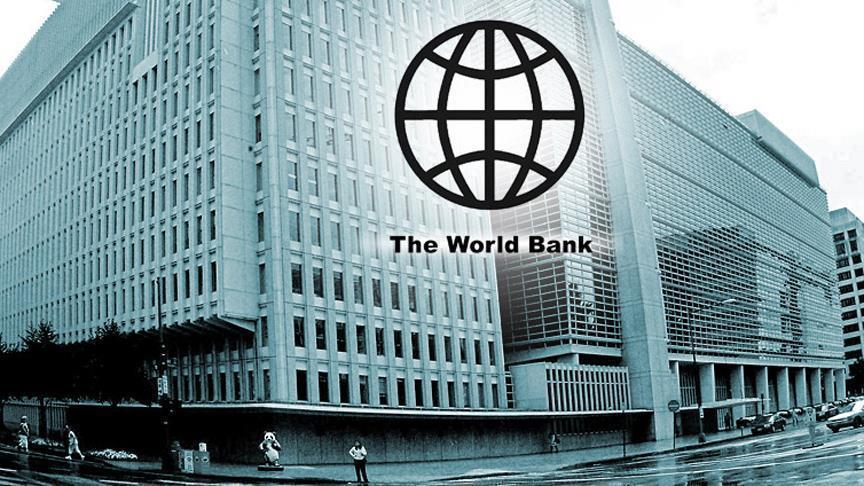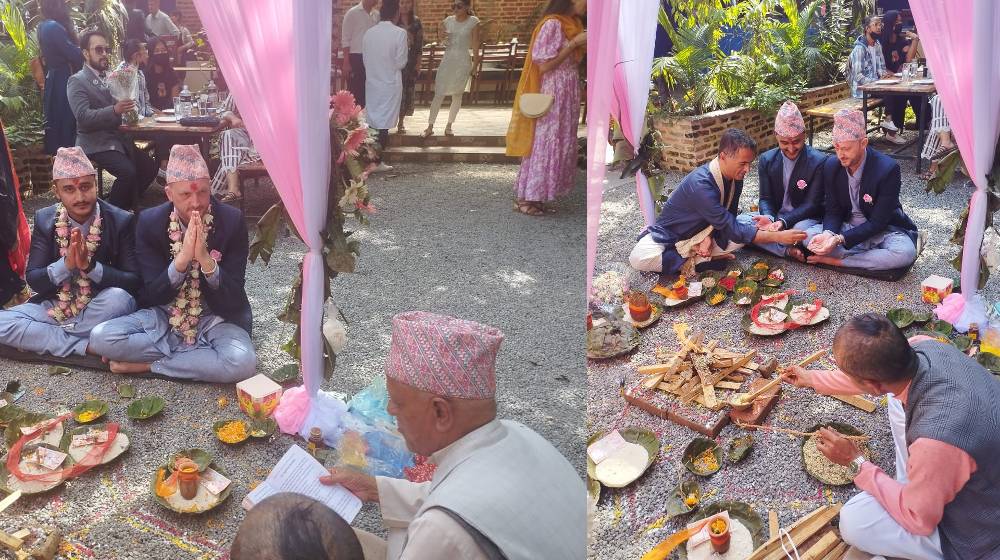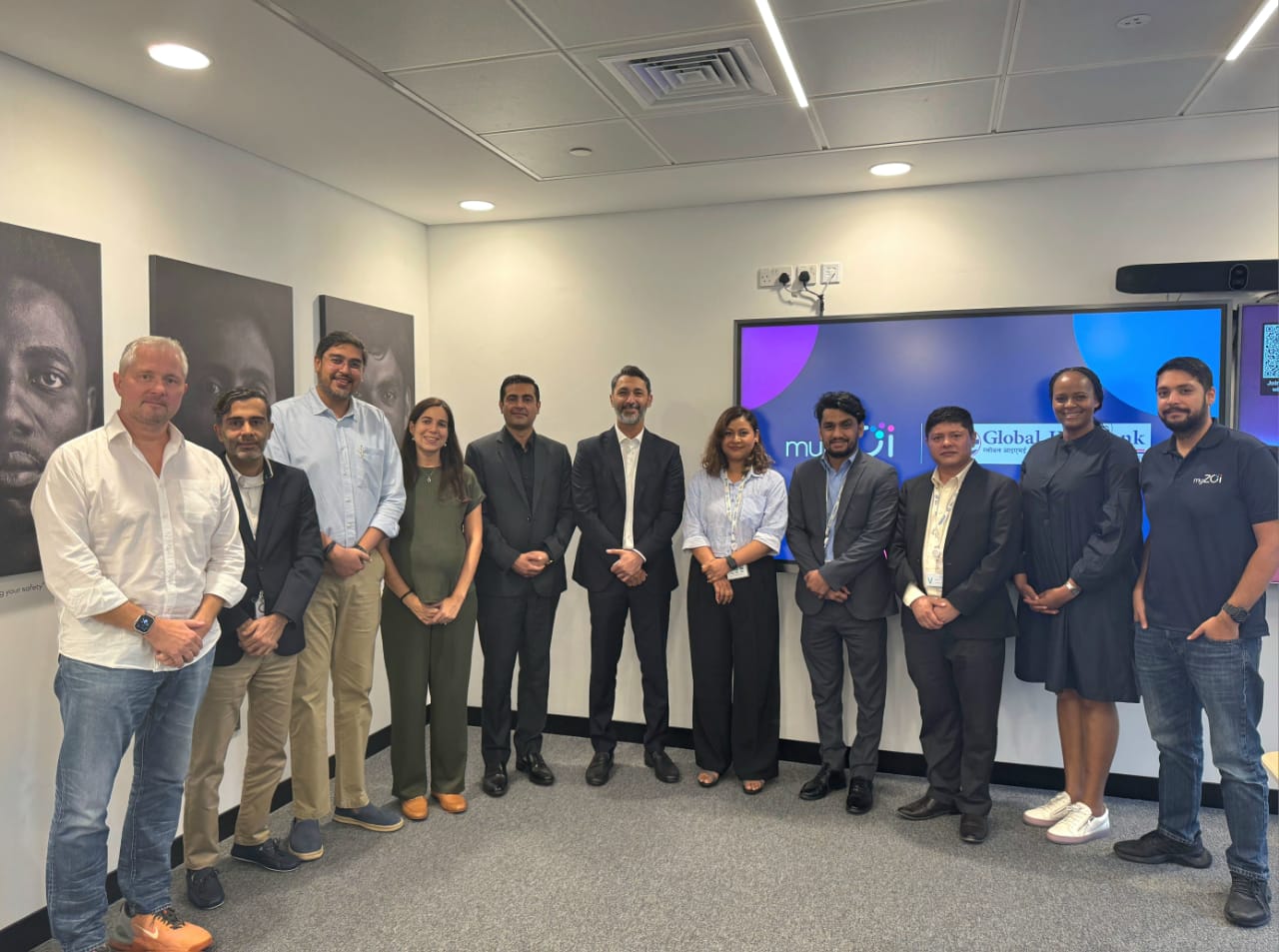But during their relationship, the once exuberant Russ never sang, except to soothe himself, alone.
Greg and Russ met after Russ had divorced his wife of 17 years, the mother of his three kids. Although he knew from his teens that he probably wasn’t straight, Russ felt that he could make things work with his wife. By the time they split and he finally came out, he was 42 years old.
Things with Greg started wonderfully. “None of this starts on day one, because you wouldn’t get into a relationship like that on day one,” Russ explains. Although it took six months before the physical violence began, the signs had been there before that.
Russ felt torn and confused, unsure if this was simply what to expect in a relationship between men. “I kept on being told that when you have two blokes together, arguments turn physical. I had no barometer,” he says. “I figured this was what it was like.” Deep down, he knew it wasn’t right, but he “needed the relationship to work”.
“In my situation – I’ve just come out of a marriage, I’ve got three kids, I’ve put my hand up to the whole of society saying this is what I am – and all of a sudden, it’s a terrible relationship. The last thing you want to do is go, ‘Oops, hang on, I made a mistake’, because you’re sitting there thinking everyone’s going to say, ‘See? Gay relationships are terrible. You shouldn’t be in them.’”
“He came home drunk one night and smashed me across the head with a phone and cracked my skull. I got myself to the hospital, and when I came home, he was gone,” Russ says. “We had a gay rag on the coffee table. I was flicking through it and there was a mainstream helpline there, so I picked up the phone and rang them – but the person on the other end didn’t have a clue. They pretty much intimated that they weren’t really equipped to deal with people in my ‘style’ of relationship – but they did suggest that I could get [Greg] to phone them.
“Had somebody dealt with that in an appropriate way at that time … they could’ve saved me years.”
When he was finally able to leave the relationship, it was song that helped Russ piece back together his fragile self-esteem. He built a freelance singing career, leading him to stage a cabaret show about his experiences. My Other Closet, the Cabaret debuted in Sydney in 2014, and is currently playing in Melbourne.
“I’m in no way an actor, no training, no nothing. When people come and see this, they become aware very quickly that it’s not a musical,” he says. “The person who is standing on the stage is telling you a story, their own story, and it’s not acted. There’s not a part of the show I act.”
The show’s executive producer and director is Russ’s new partner, Matthew Parsons. The pair are in a healthy, happy relationship, and their show is ultimately joyous and uplifting – surprising considering the topics it deals in. So long silent, Russ relishes every opportunity to burst into song, covering classics like Stand by Your Man and Luka, which take on a perverse new meaning in the context. He takes you through his own conflicted journey, at once trying to face up to the brutality of his relationship, and at others going to great lengths to convince himself that everything is fine – so long as he keeps singing.
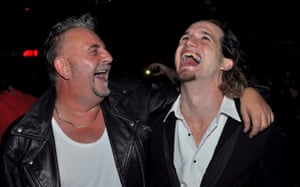
My Other Closet’s aim is to raise awareness of the issue within Russ’s community and also among service providers. “We want people to understand that [family violence] is something that happens in our relationships too, and that [LGBTIQ] relationships are as normal as anyone else’s. Sometimes it might be toxic, but sometimes they’re fantastic.”
The pair had issues with the show when it premiered last year; some members of the LGBTIQ community were concerned about the message it would send. “With the fight for marriage equality, the last thing we want is to give ammunition to the wowsers to say our relationships are exactly like they’ve been saying along.”
But since that short Sydney run, they have met six people who told them they left bad relationships after seeing the show – and there could be many more besides. “[We] had to be clear about the fact that we aren’t counsellors,” Matt says.
The pair held off bringing My Other Closet to Melbourne for two years; while New South Wales has been a national leader when it comes to domestic violence in LGBTIQ relationships, Victoria has historically offered less support structures for the audiences Russ and Matthew were hoping to appeal to.
But earlier this year, the Victorian government announced that $5.3m would be invested into LGBTIQ family violence over the next four years – a global first.
The Victorian commissioner for gender and sexuality, Ro Allen, who attended the Melbourne opening night on Saturday, says it is important to build a service system responsive to the LGBTI community: “Many people in our community don’t access our system for fear of being discriminated against.”
As a result, a co-design family violence working group has been established to develop a system that’s sensitive to survivors’ needs. Asked if they were confident of the existing support structures, Allen replies, “we’re not there yet”.
“We have to build the system. We have a sense of what we need, but it takes time to train and prepare workers, and to prepare the community to recognise that some of the things they have put up with are family violence, and give them the confidence in the system to be able to access it.”
Copy : https://www.theguardian.com
